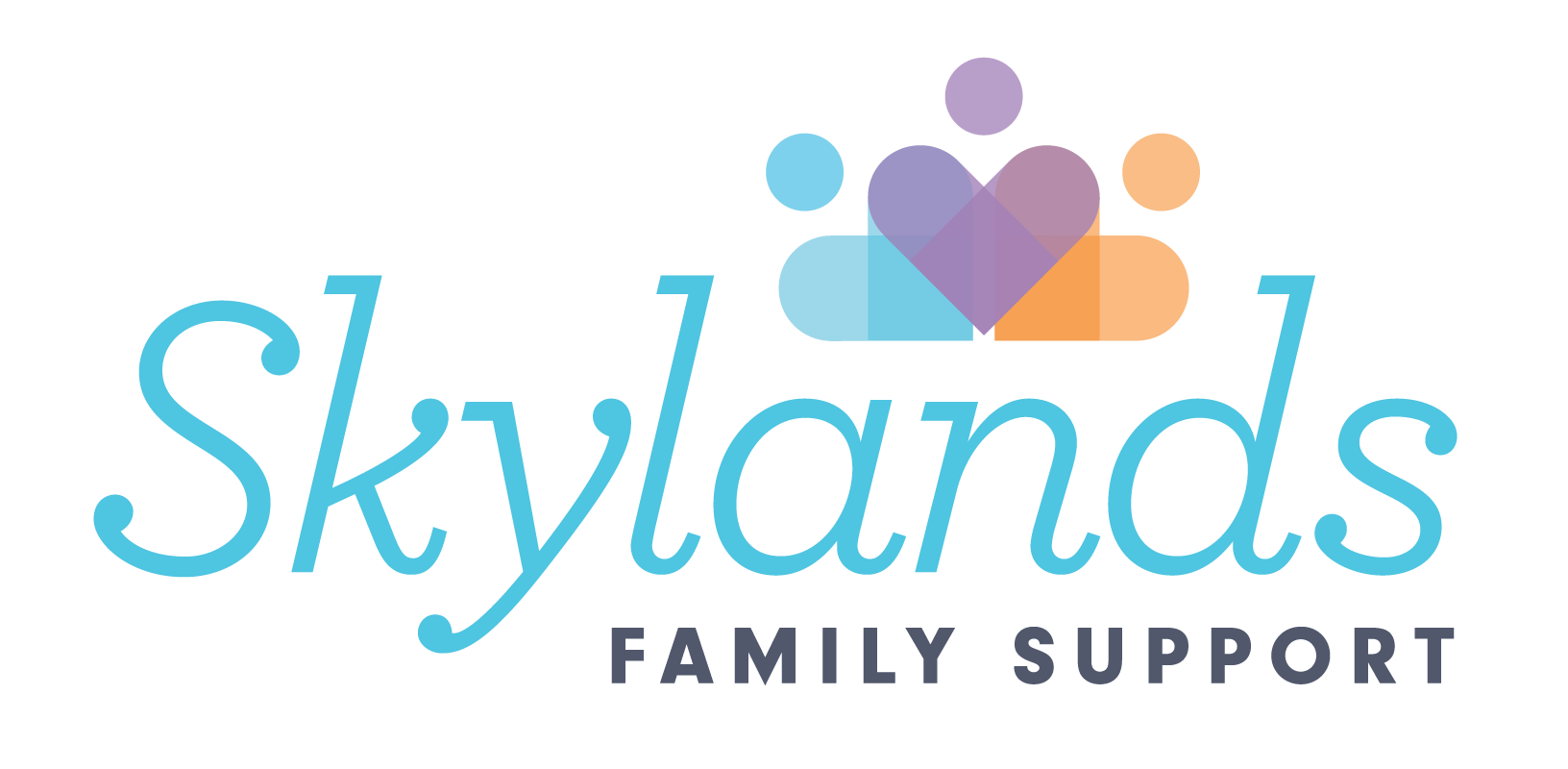What is the NJCAT?
If you are navigating NJ DDD, you may have heard the term NJCAT. But what exactly is it, and why is it so important?
The New Jersey Comprehensive Assessment Tool (NJCAT) is a standardized assessment designed to evaluate an individual’s needs across several areas of daily life. It’s not just a checklist, but a structured way to measure how much support someone actually requires, which then helps agencies like the New Jersey Division of Developmental Disabilities (NJ DDD) determine appropriate funding and services.
At its core, the NJCAT evaluates three main areas—self-care, behavioral, and medical needs—by asking questions, observing behaviors, and sometimes consulting with caregivers or professionals. Each area is scored based on the level of independence or support needed, helping create a comprehensive picture of daily functioning.
To see how this works in practice, let’s look more closely at each of the three main areas the NJCAT evaluates. Understanding what assessors are looking for can help your family prepare and ensure the assessment accurately reflects real-life support requirements for your loved one.
#1—Self-Care
Let’s start with self-care, the part of the assessment that looks at everyday tasks essential for health, safety, and independence. The NJCAT evaluates whether a person can manage these activities on their own or if they need support.
For example, personal hygiene is more than just brushing teeth or bathing; it’s about whether an individual can safely and independently complete these tasks or needs support to maintain a clean, healthy routine. Assessors will also examine dressing and grooming, which may seem simple, but for someone with limited mobility or fine motor challenges, these tasks can be challenging.
Another major self-care component is meal preparation and nutrition. The NJCAT evaluates whether someone can safely plan, prepare, and consume meals that meet their dietary needs. This includes considerations like using appliances safely, remembering to eat regularly, and managing specialized diets.
A clear understanding of these abilities ensures that support services can fill in the gaps without taking away autonomy.
#2—Behavioral Needs
Behavioral needs go beyond just physical ones. This section assesses how emotions, behaviors, and social interactions impact a person’s daily life and safety.
The NJCAT examines areas such as communication skills, both verbal and non-verbal. For example, can the individual express needs, ask for help, or engage socially with peers?
Emotional regulation and social behaviors are also evaluated here. This might include managing frustration, coping with anxiety, or interacting appropriately in different settings. For someone with behavioral challenges, additional support may be necessary to prevent harm to themselves or others.
Assessors also consider behavioral safety concerns, such as aggression, self-injurious behaviors, or wandering. Understanding these risks allows for proactive planning—such as creating structured environments, providing supervision, or developing targeted interventions.
By assessing behavioral needs carefully, the NJCAT ensures that the support plan is not just reactive but preventative, promoting a safer and more fulfilling daily life.
#3—Medical Needs
Medical needs are another critical component of the NJCAT because health conditions often influence the type and intensity of support required.
The assessment looks at both chronic and acute medical conditions. For example, someone with epilepsy may require monitoring for seizures, while someone with diabetes may need support managing blood sugar levels.
Therapy and nursing needs are also considered. If an individual requires physical, occupational, or speech therapy, or daily nursing care, these supports must be accounted for in the overall plan.
Medical assessments may also include evaluating mobility limitations and the use of medical devices. The NJCAT seeks to understand whether someone can move safely within their environment, use assistive devices correctly, and manage any equipment necessary for daily life.
By addressing medical needs, the NJCAT ensures that services are comprehensive and tailored, so that health concerns don’t become barriers to independence or quality of life.
Determining Support Tiers
Once the NJCAT is complete, the results are used to assign an individual to a support tier. Each tier corresponds to an annual budget for services, which helps determine what supports and programs are available.
RELATED: 5 Support Services You Can Access with the Help of a Support Coordination Agency & NJ DDD
Accurate reporting is critical. Overstating abilities may leave someone without the support they truly need, while understating abilities could result in services that don’t match real-life needs. Honesty and clarity are the keys to ensuring the right level of care.
Preparing for the NJCAT
Preparation can make the NJCAT process smoother and less stressful. Families and caregivers can help by:
- Documenting routines and abilities: Keep notes about daily activities, behaviors, and medical management.
- Involving the individual: Allow the person being assessed to express their needs and preferences in their own way.
- Coordinating with professionals: Input from therapists, doctors, or support coordinators can provide context and ensure nothing is overlooked.
Final Thoughts
The NJCAT isn’t just a form or a score; it’s a way to make sure people get the right support to live safely, independently, and with dignity. By looking at self-care, behavior, and medical needs, it gives a clear picture of what kind of help is really needed.
Being honest and prepared can make the process less stressful and the results more useful. When families and professionals work together, the NJCAT can open the door to the supports that truly make a difference.
Navigating the NJCAT can feel confusing, but a trusted support coordinator can make it easier. At Skylands, we work with you to understand your loved one’s test results and connect them with the right services. Contact us today.




